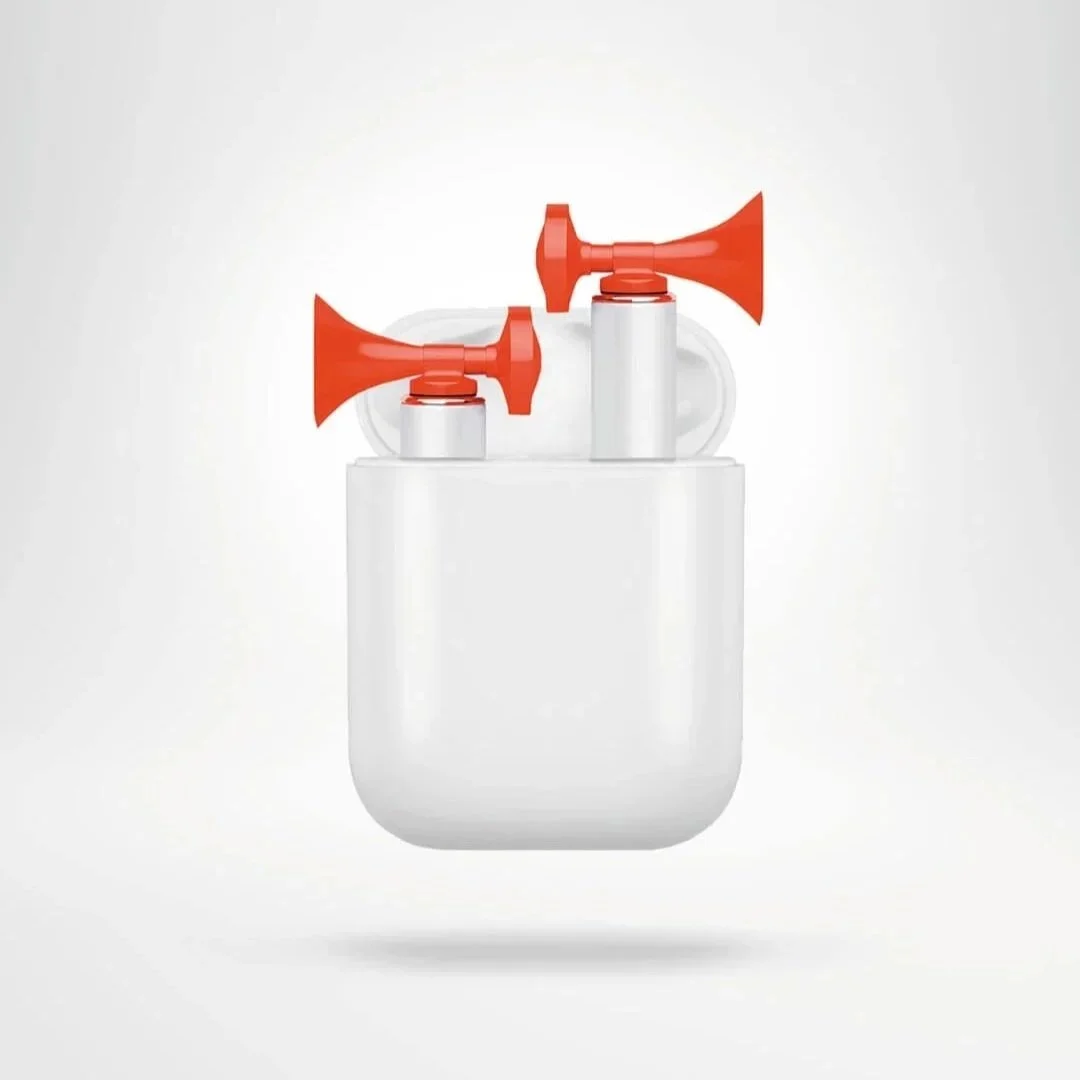“Should I get a cochlear implant?”
It just so happened that I was in a busy and loud barbershop in town. Yet, even with all the tumultuous noise, I could still feel as if someone was saying something to me but I couldn’t hear him at the time because he was speaking behind me, so I couldn’t see him, and his voice was very soft. Still, without sparing a second, I turned around and saw an elderly man who appeared to be murmuring about something.
Confused, but also curious about why he had come to me, I asked him what he’d said and he responded again, but it was still equally incomprehensible. Thankfully though, my mother had been watching the two of us interact and proceeded to do her best to explain what was happening.
It turned out that the old man noticed that I was wearing a cochlear implant and wanted to know if he should also get one. The hairdresser noticed the situation and explained the gentleman’s challenges in hearing, which seemed to influence his speech to the point where he spoke so softly because he couldn’t hear himself.
For Alex, getting a haircut in town becomes an opportunity to talk about his cochlear implant with a curious stranger.
I wanted to tell him to go for an implant, but right before I opened my mouth, I paused. How could I say that with such profound certainty that he should get it? There was a medical procedure that one would be required to undergo and a month’s worth of time to allow the head to heal before being able to even activate the implant. I had undergone that process, but I had been a child.
I was very young when I had the surgery and I barely remember it at all. I don’t remember how much I struggled in the beginning, how painful it was to keep a bandage on my head, not being able to hear with the implanted ear, or how hard it was for me to retrain my ear to hear with the implant. As a matter of fact, I only have one memory from before the time I got an implant and that memory (unrelated to my hearing loss) was one of me standing in front of the door to my room.
The person I was talking to had an entire life’s worth of memories. Hence, I really couldn’t give him a solid answer about what to do, until I realized something important that I had overlooked.
I may have not lived a life without an implant, but I lived a life with one and that made all the difference for me. Having an implant allowed me to hear better, allowing me to become the person I am today. Having an implant allowed me to be a part of the hearing community and be mainstreamed at school. I was able to make good friends and treasured connections. Having an implant allowed me to not feel not left out. If having an implant could have such a profound impact on my life, then it can also definitely help the person now sitting next to me.
With that, I suggested that he should get the implant, but also told him to consult with other people who have had the operation as well, so he also gets their point of view. He nodded and resumed speaking in his soft voice, telling me thank you.
He then walked away and proceeded to go through the doors, continuing until he was out of view. The incident wasn’t very eventful, but it got me thinking. Would I have been as soft spoken as he was? What would I have been like? Would I have been close to who I am today? It really made me wonder what my life would have been like.
With his family, Connecticut high school student Alex Mussomeli has been a longtime friend and supporter of HHF, including selling his own artwork to benefit HHF when he was just 11 years old.







It bears repeating: What improves access for a group with a specific disability invariably also helps the greater population.